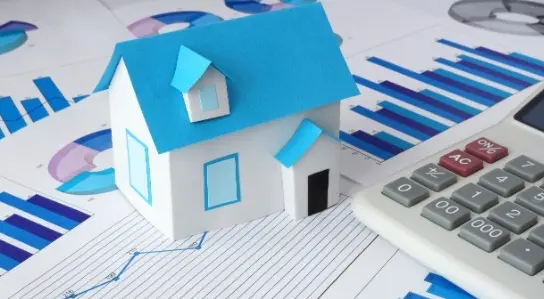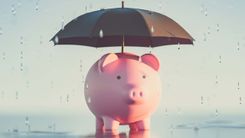One of the most important decisions we have to make in life is to buy a house. Faced with this decision, the question always arises: to buy or to rent? Both options have their advantages and disadvantages, and it is important to analyze them carefully before making a decision.
Advantages of buying
Buying a property can have several advantages, among them:
- Stability: by buying a property, you have the security of having your own place to live or work;
- Investment: a property can be a good long-term investment, since its value can increase over time;
- Freedom: by owning a property, you have the freedom to make changes and improvements to the property without having to ask permission from a landlord;
- Tax benefits: in some countries, owners may enjoy tax benefits, such as tax deductions.
It is important to keep in mind that the purchase of a property also entails additional responsibilities and expenses, such as the maintenance and repair of the property and the payment of taxes and insurance.
Financial Stability
Financial stability is one of the most important factors to consider when deciding whether to buy or rent a property. If you decide to buy a home, you will have to make a down payment and then pay a mortgage monthly for several years. If you are unable to pay the mortgage, you could lose the house and face serious financial consequences.
On the other hand, renting a property gives you more financial flexibility. You don't have to make a large down payment and you can easily move if you need to change locations or reduce your monthly expenses. However, rents can increase every year and you will never own the property.
Ownership and freedom of customization
One of the most important advantages of buying a property is that it becomes yours and you can customize it to your liking. You can make renovations, add a pool or build a garden without having to ask permission from an owner.
On the other hand, when you rent a property, you don't have the same freedom to customize it. You may need to ask the owner's permission to make any changes, and you may not be allowed to make certain renovations or improvements.
Long-term investment
Buying a property can be a profitable long-term investment. If the property is located in an area with growth potential, its value is likely to increase over time. In addition, if the property is rented out, passive income can be generated.
Disadvantages of buying
- High upfront costs: buying a property requires a significant cash outlay, including a down payment, closing costs and other associated costs;
- Maintenance responsibilities: as the owner, it is your responsibility to keep the property in good condition, which can be costly and require time and effort;
- Lack of flexibility: when you buy a property, you are committed to staying in it for an extended period of time, which may limit your flexibility to move or change your lifestyle;
- Financial risk: if the real estate market crashes or experiences a significant drop in property values, you may end up losing money on your investment.
Advantages of renting
- No large amount of money is required to make an initial deposit;
- The tenant is not responsible for the costs of maintaining and repairing the property;
- Renting provides flexibility in terms of time and location;
- Tenants can change locations or housing more easily than landlords;
- There is no financial risk in the event of a decline in the value of the property.
Geographical flexibility
One of the advantages of renting is the geographic flexibility it offers. If you have a job that requires you to change cities or countries frequently, renting allows you to move more easily and without worrying about selling a property.
On the other hand, if you prefer to buy a house or apartment, you should be aware that this may limit your geographic flexibility. If you need to move for work or personal reasons, you will have to sell your property or find a tenant to cover the costs while you are away.
Lower upfront costs and less financial responsibility
Renting a property involves less upfront costs than buying it. Instead of having to pay a large amount of money up front, such as a down payment on a mortgage, renting generally only requires a security deposit and first month's rent.
Also, when renting, you are not responsible for maintenance and major repairs to the property. It is the landlord's responsibility to make sure the property is in good condition.
Freedom to move easily
If you are someone who prefers flexibility and the freedom to move easily, then renting may be the best option for you. Since you are not tied to a property, you can move more easily if your work or personal situation changes.
On the other hand, if you decide to buy a property, you should keep in mind that it is a long-term commitment and selling it may take time and effort. Also, if the real estate market is not at its best, it may be difficult to find a buyer willing to pay what you are asking for your property.
Disadvantages of renting
- No equity building: when renting, the money you pay monthly is not invested in a property, so you are not building equity;
- Limitations on customization: being someone else's property, the renter does not have the freedom to make significant changes to the property, such as painting the walls or making renovations;
- Price instability: rental prices can vary considerably from year to year, which can lead to instability in the tenant's budget;
- Lack of long-term security: as it is someone else's property, the tenant has no assurance that he/she will be able to stay in it in the long term, as the owner may decide not to renew the contract or to sell the property.











